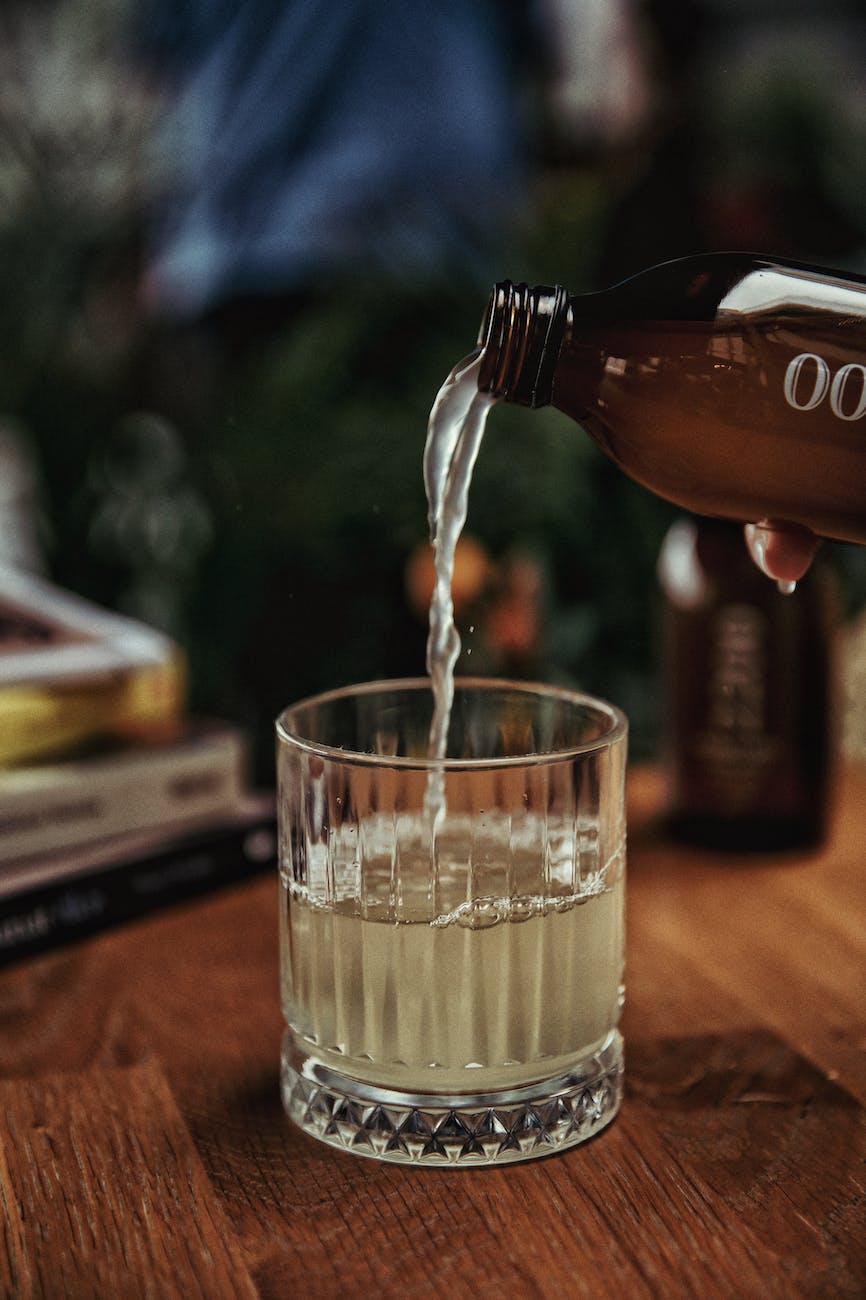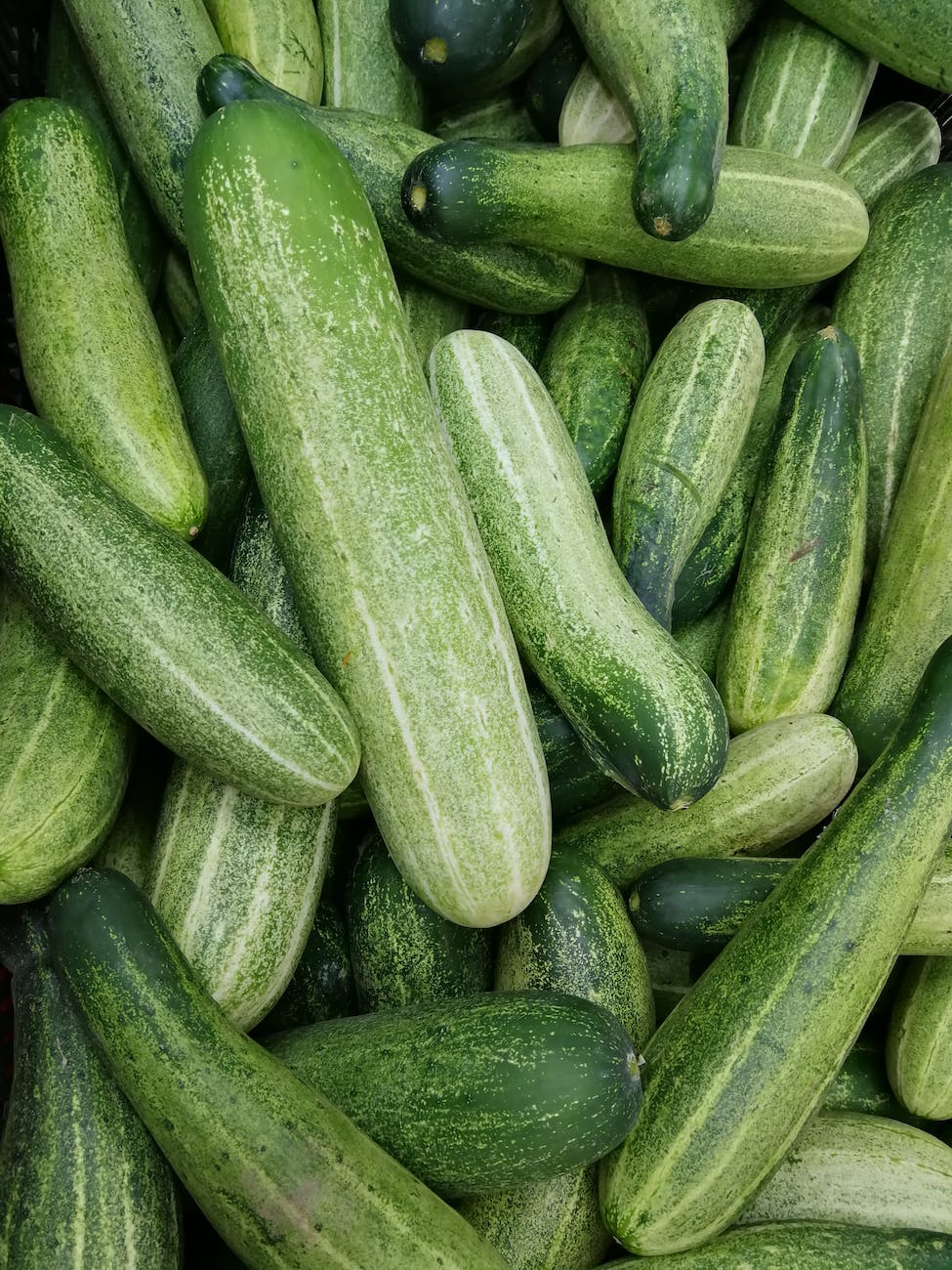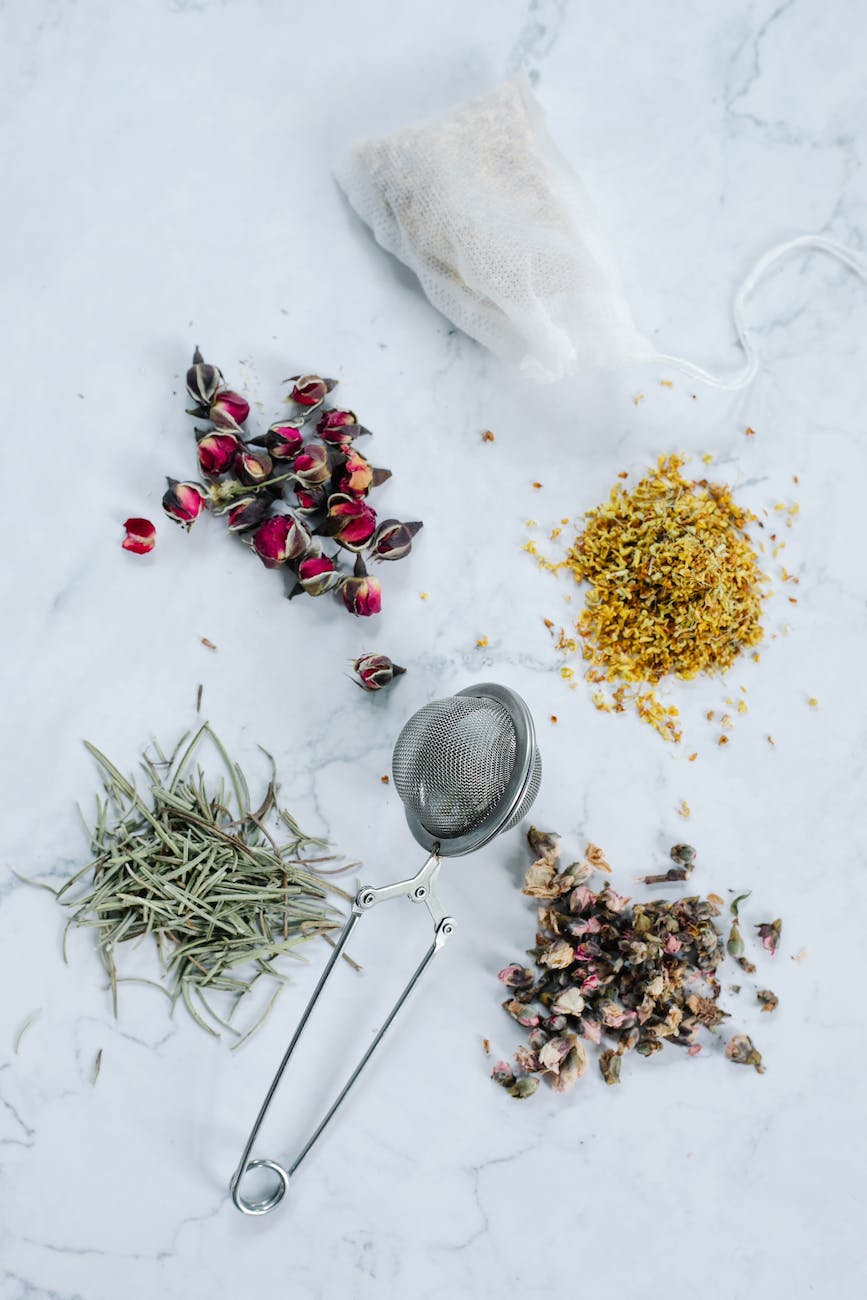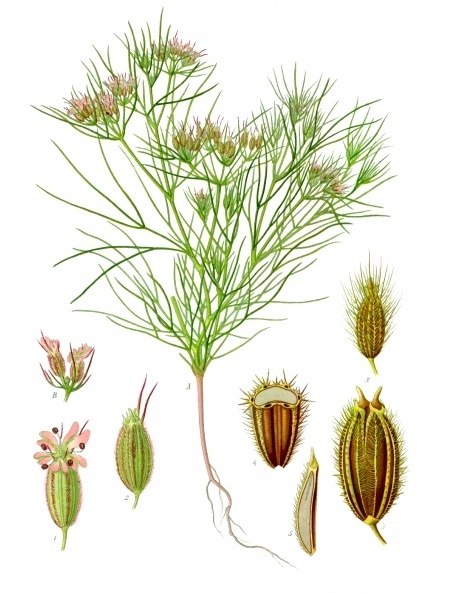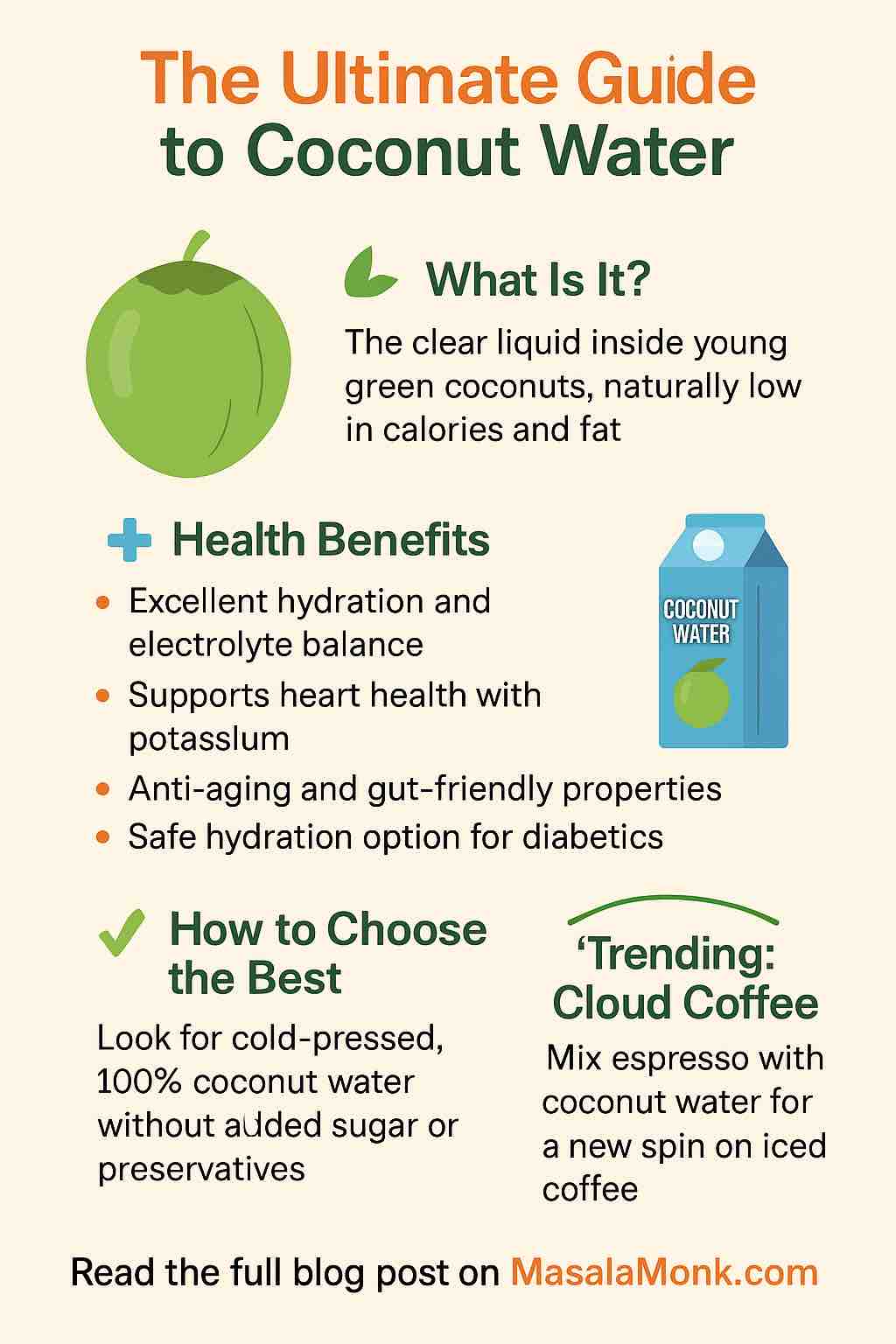
In a world flooded with artificial energy drinks, sugary sodas, and synthetic supplements, coconut water stands out as a pure, natural, and nutrient-packed hydration solution. Whether you’re looking to rehydrate post-workout, manage blood sugar, combat summer heat, or simply enjoy a refreshing, low-calorie beverage, coconut water may be the drink you’ve been missing.
In this guide, we’ll explore everything you need to know about coconut water: its health benefits, nutritional value, scientific insights, tips on choosing the best one, and even creative ways to enjoy it.
🧪 What Is Coconut Water?
Coconut water is the clear liquid found inside young green coconuts—usually harvested when they’re about 6–7 months old. It’s not the same as coconut milk, which is made by blending coconut meat with water. Coconut water is naturally low in calories, fat-free, and loaded with electrolytes.
It’s nature’s sports drink—minus the additives.
🧾 Nutritional Profile (Per 240 ml / 1 cup)
| Nutrient | Amount | Key Function |
|---|---|---|
| Calories | 44–60 kcal | Low-calorie hydration |
| Carbohydrates | 9–12 g | Natural sugars (glucose, fructose) |
| Potassium | 400–630 mg | Regulates fluid balance, blood pressure |
| Magnesium | ~15–25 mg | Muscle and nerve function |
| Calcium | ~40–60 mg | Bone support |
| Sodium | ~25–40 mg | Maintains hydration |
| Vitamin C | ~10% DV | Immunity, antioxidant defense |
👉 Raw coconut water may appear pink over time due to polyphenol oxidation—this is natural and safe.
✅ Top Health Benefits of Coconut Water
1. Excellent Hydration & Electrolyte Balance
With a potent mix of potassium, sodium, magnesium, and carbohydrates, coconut water helps rehydrate the body efficiently—ideal for athletes, hangovers, hot climates, or after an illness.
💡 A 2012 study found coconut water rehydrated better than plain water and was as effective as commercial sports drinks.
2. Supports Heart Health
The high potassium content helps:
- Regulate blood pressure
- Counter sodium-induced hypertension
- Improve circulation
Regular consumption may contribute to better cardiovascular health, especially when replacing sugary beverages.
3. Antioxidant & Anti-Aging Effects
Recent cell-based research (2024, ScienceDirect) found that coconut water helped reduce oxidative stress and extended fibroblast lifespan—suggesting anti-aging and cell-protective potential.
4. Gut-Friendly & Anti-Inflammatory
Emerging evidence links coconut water to improved gut health, particularly in managing ulcerative colitis symptoms. Its cooling, alkaline nature may also soothe stomach inflammation and aid digestion.
5. Diabetes-Safe Hydration
Unsweetened coconut water offers:
- Low glycemic load
- Fewer than 12 g carbs per cup
- Electrolytes without added sugar
👉 It’s now endorsed by dietitians as a smart hydration choice for type 2 diabetics (2025, EatingWell).
6. Heatstroke & Sun Protection
In hot climates, coconut water helps replenish lost electrolytes, cool the body internally, and support thermoregulation—particularly effective for preventing sunstroke or heat exhaustion.
🛒 How to Choose the Best Coconut Water
Not all coconut waters are created equal. Here’s how to shop smart:
✅ Look for:
- 100% coconut water on the label
- No added sugar, flavors, or concentrates
- Cold-pressed or minimally processed options (better nutrient retention)
- BPA-free packaging—especially avoid canned varieties
- Refrigerated brands (e.g., Harmless Harvest, raw pink coconut water)
⚠️ Avoid:
- Products labeled as “from concentrate”
- Coconut water blends with fruit juice
- Brands with preservatives like potassium metabisulfite
Pro tip: Pressed coconut water includes coconut flesh, which gives a creamier texture and a slightly higher calorie count.
🧃 Coconut Water Use Cases
| Use Case | Benefit |
|---|---|
| Post-Workout | Replenish electrolytes & carbs |
| After Illness | Gentle hydration with minerals |
| In Hot Weather | Prevent heatstroke & fatigue |
| For Skin Health | Supports hydration + antioxidants |
| Morning Routine | Try “cloud coffee” trend (coconut water + espresso) |
| For Digestion | Alkaline and cooling |
| Low-Cal Cocktails | Use in mojitos, piña coladas, etc. |
| Plant Watering | Trace minerals can benefit plants (diluted) |
☁️ Trending: Cloud Coffee
A recent social media trend has people replacing water with coconut water in their morning iced coffee. Why?
- Adds natural sweetness without sugar
- Enhances electrolyte intake
- Offers a unique, refreshing flavor twist
How to make:
- Fill a glass with ice
- Pour in ¾ cup coconut water
- Add 1–2 shots of espresso
- Stir and enjoy!
⚠️ Safety & Considerations
While coconut water is generally safe, keep in mind:
- Potassium overload risk in kidney disease (limit intake)
- Diabetics should choose unsweetened versions only
- Not a complete electrolyte replacement during extreme dehydration—consult a healthcare provider for clinical rehydration
🧠 Summary Table
| Category | Key Insight |
|---|---|
| Best For | Hydration, digestion, recovery |
| Avoid If | You have kidney issues or potassium concerns |
| Best Format | Cold-pressed, 100% natural, BPA-free |
| Daily Ideal Intake | 1–2 cups/day (≠ water replacement) |
| Bonus Trend | “Cloud Coffee” for a healthy caffeine hit |
📝 Final Thoughts
Coconut water is more than just a tropical drink—it’s a wellness powerhouse that bridges hydration, nutrition, and function. Whether you’re trying to recover from a tough workout, stay cool in the summer heat, or reduce your sugar intake, it’s a delicious, low-risk option worth keeping in your daily routine.
📘 Frequently Asked Questions (FAQs)
1. Is coconut water the same as coconut milk?
No. Coconut water is the clear liquid found inside young green coconuts, while coconut milk is made by blending coconut meat with water. They differ in texture, nutrition, and use.
2. Can I drink coconut water every day?
Yes, for most healthy individuals, 1–2 cups a day is safe and beneficial. However, if you have kidney disease or take potassium-altering medications, consult a doctor first.
3. Does coconut water have sugar?
Yes, it contains natural sugars (glucose and fructose), typically around 9–12 g per cup. Always choose varieties labeled “no added sugar.”
4. Is coconut water good for weight loss?
Coconut water is low in calories (~44–60 kcal per cup), fat-free, and hydrating, making it a good alternative to sugary drinks in weight management plans.
5. Can diabetics safely drink coconut water?
Yes, unsweetened coconut water is a smart hydration choice for people with diabetes. It has a low glycemic impact and provides electrolytes without added sugar.
6. What’s the best time to drink coconut water?
Any time, but ideal moments include:
- Post-workout
- After waking up
- During hot weather
- When feeling dehydrated or low on energy
7. Why does some coconut water turn pink?
That’s a natural oxidation process caused by phenolic compounds reacting with light and air. It’s safe to drink unless it smells or tastes off.
8. What brands of coconut water are best?
Look for:
- Cold-pressed or raw varieties
- 100% coconut water with no additives
Popular brands: Harmless Harvest, Vita Coco Pure, C2O, Rebel Kitchen
9. Can kids drink coconut water?
Yes! Coconut water is a safe, healthy drink for children, especially in moderation and during hot weather or after physical activity.
10. How long does coconut water last after opening?
Refrigerate immediately and consume within 1–3 days. Fresh coconut water (from an actual coconut) should be consumed the same day.

